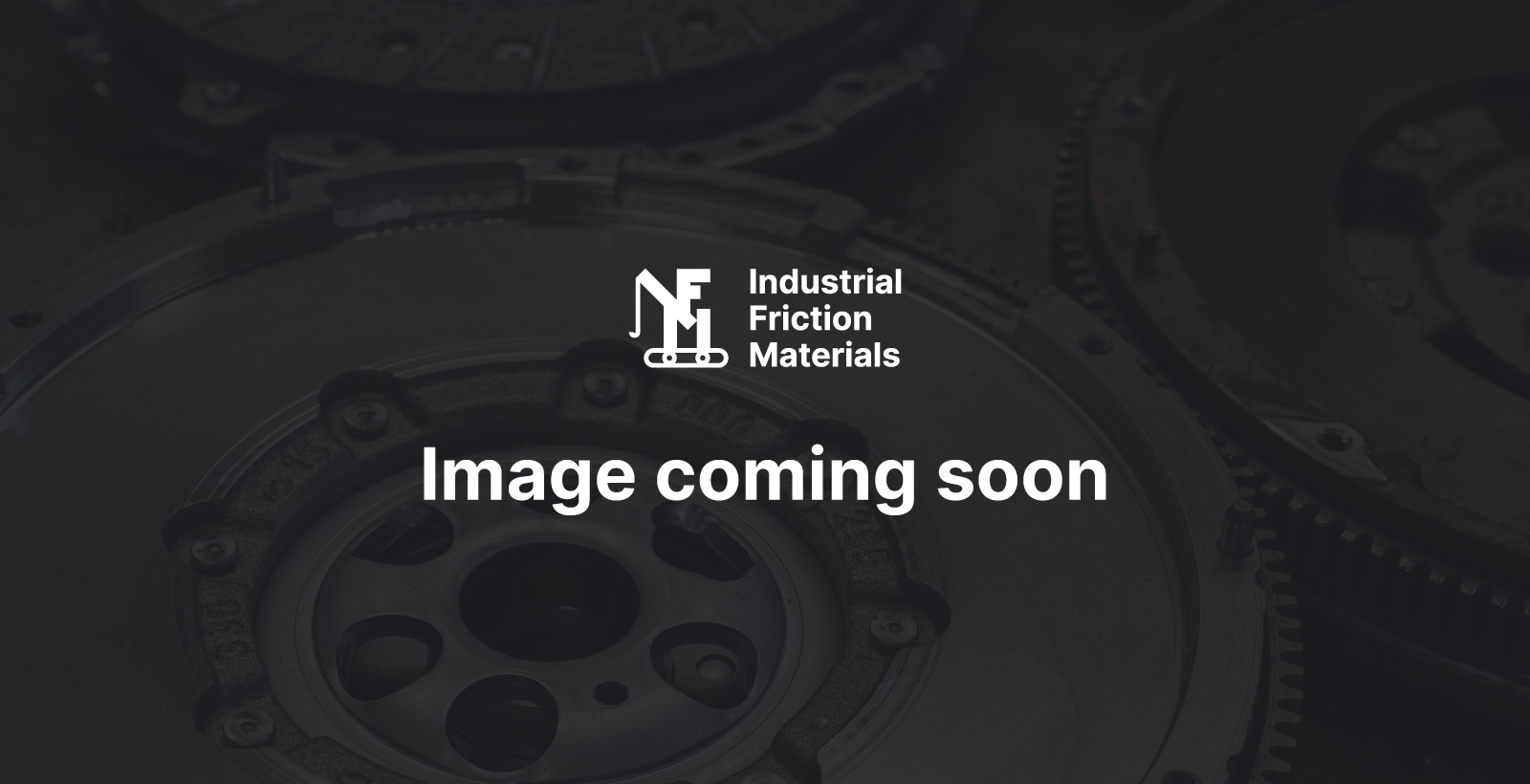Carbon friction materials have a highly conductive structure of fibres designed to provide outstanding thermal capability. The use of porous carbonaceous materials improves the stability of the torque curve over a wide range of temperatures and pressures. The low ratio of the static to dynamic coefficient of friction provide an outstanding thermal capability with good wear resistance & also enhances the engagement characteristics, such as smooth transition, & anti noise & vibration. These are typically found in applications such as torque converter clutches, transmissions, differentials & wheel brakes.
The following are properties that are associated with this type of material:
- Smooth engagement
- Excellent energy capability
- Higher resistance to overload
- Good oil compatibility

| Parameter | Wet Application | Dry Application |
| Dynamic Coefficient (μd) | 0.07 – 0.10 | N/A |
| Static Coefficient (μs) | >= 0.10 | N/A |
| Wear Rate (λ) | <= 2.0x10-8cm3/J | N/A |
| Permitted Value of Energy-Load | >= 60,000 | N/A |